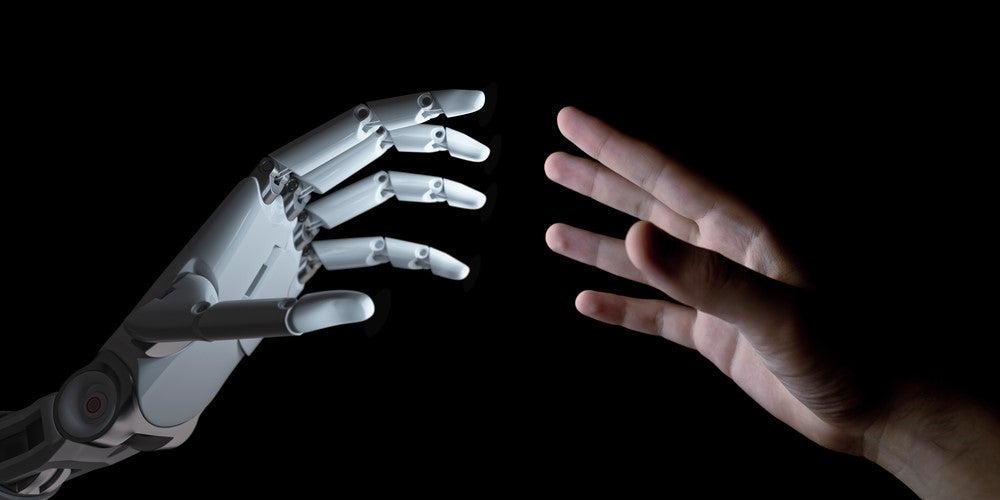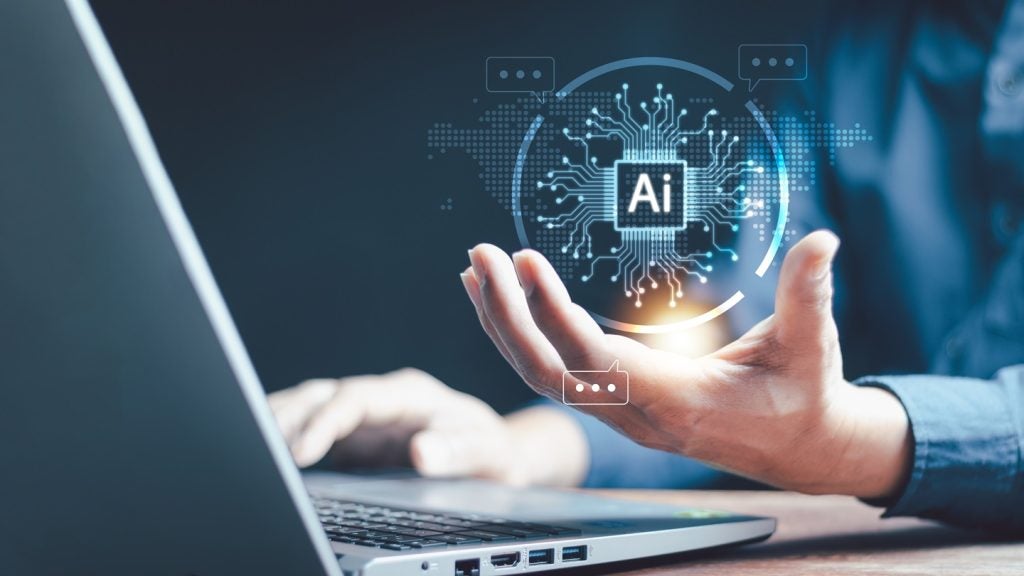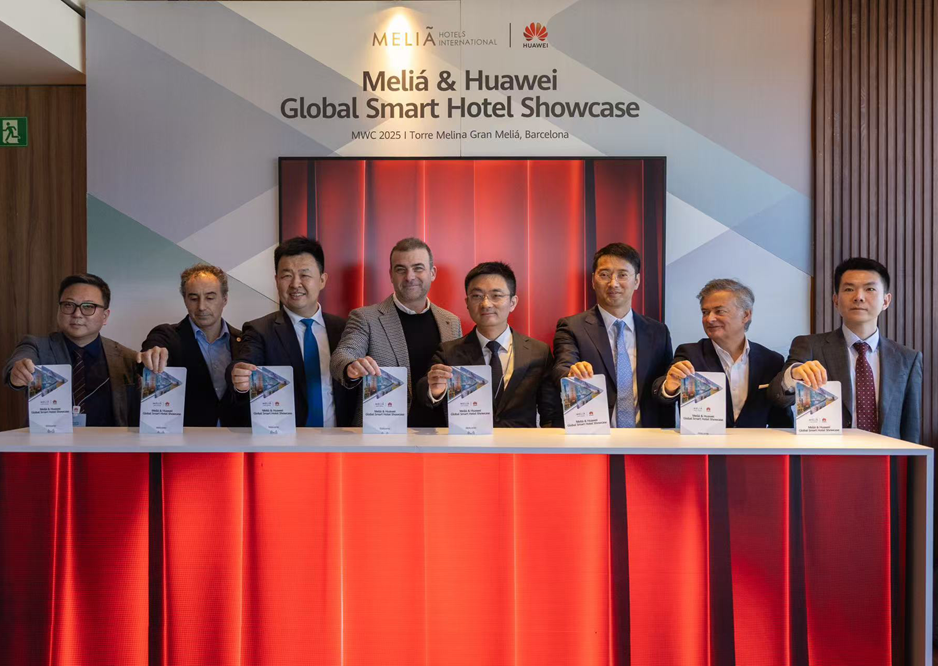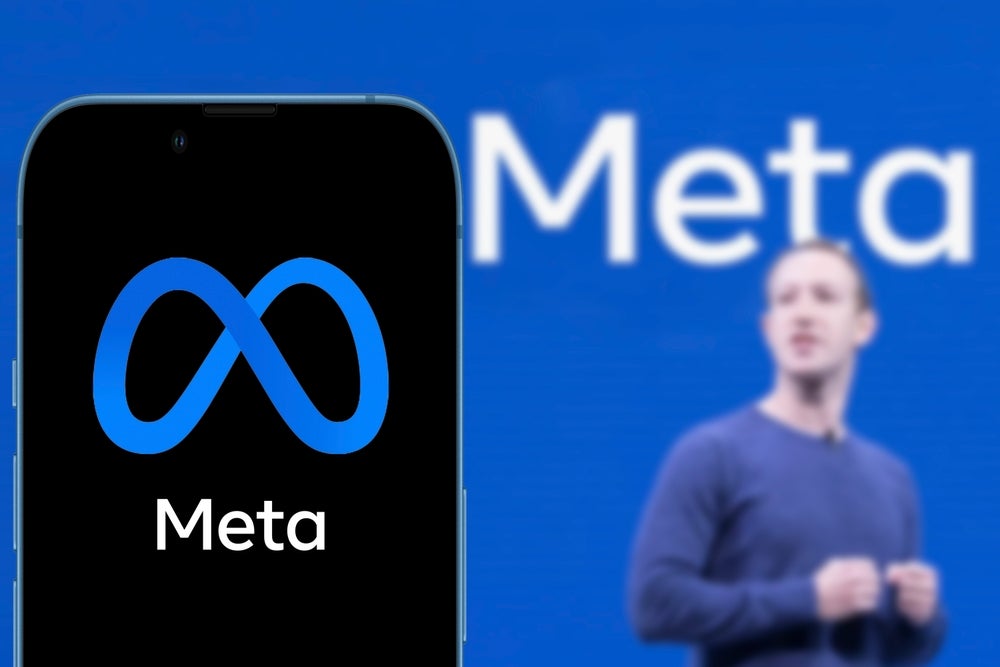
Centaurs used to be the stuff of legend, confined to lessons in classics and our TV screens.
However, At the Gartner Symposium in Barcelona 2018, analysts spoke about the concept of man and machine, or centaurs, working in combination in what is called “augmented intelligence”.

Access deeper industry intelligence
Experience unmatched clarity with a single platform that combines unique data, AI, and human expertise.
Speakers introduced the concept, which has been kicking around since 2017 at least, to dispel any remaining scepticism around artificial intelligence.
Although AI is the buzzword on every chief technology officer, tech enthusiast and data-entry clerk’s lips these days, as well as being perceived as the number one game-changer on the technology arena in Gartner’s survey, it ranked only sixth in investment priorities for 2019 among decision makers.
Why is augmented intelligence important?
Augmented intelligence is humans working in tandem with artificial intelligence.
The fear of job loss, in the face of chatbots replacing call centres, and other process bots replacing people in routine procedural jobs has led to scepticism that AI will replace people in the workplace.

US Tariffs are shifting - will you react or anticipate?
Don’t let policy changes catch you off guard. Stay proactive with real-time data and expert analysis.
By GlobalDataThere is even some fear that non-routine jobs will be written out of the workplace, with the potential of entirely accurate, or mistake-free machines doing the work without supervision.
However, the truth is that augmented intelligence has always been the practical goal of AI developers, rather than a Matrix-style scenario where machines completely replace people.
They will still be the tools that humans created, with the limitations, says Gartner, of new-borns.
“The fear is much higher than the reality”
Gartner research vice president Svetlana Sicular said:
“Pairing AI with a human creates a new decision-making model in which AI offers new facts and options, but the head remains human, as does the heart.
“Let people identify the most suitable answers among the different ones that AI offers and use the time freed by AI to create new things.
“The human is the strongest element in AI, new-borns need an adult human to survive. AI is no different. The strongest component of AI is the human touch. AI serves human purposes and is developed by people.
“It’s about trust and engagement. People need to trust machines – this is the ultimate condition of AI adoption and success.”
Prediction: 2020 is the year AI will create more jobs than it will eliminate
Now Gartner’s research shows that 2020 is the year that AI will become a positive net job motivator, creating 2.3m jobs while only eliminating 1.8m jobs.
Its predictions are based on a survey, with results showing that only 16% of employees whose employers have adopted AI technologies saw job reductions, and 26% reported job increases.
This in spite of 77% of employees expecting AI to eliminate jobs where their employers have yet to launch an AI initiative.

Four scenarios for the future of work with AI
In spite of its optimistic forecasts, Gartner describes four scenarios for the future of work with AI, given weak or strong machine capability and either people’s acceptance or rejection of machines.
Where AI is not fully developed and machines have a weak capability, and yet are embraced by people, Gartner sees a proliferation of mini-bots.
More optimistically still, where machines are developed to have a strong or broad capability, and people still embrace the technology, there is a situation described as “I’d rather have a bot do it”.
On the other side though is the rejection of machines by people, ironically described as the “bots can’t drive” scenario, where machines are less capable, and the “bots go bad” scenario where machines are strong, or too strong.
To deal with this attitude, Gartner says executives need to support their employees towards understanding the potential for good change introduced by machines and AI.

Credit: Gartner
AI will free people and make jobs more meaningful and rewarding
Gartner executive vice-president and global head of research Mike Harris said:
“Putting workers side by side with advanced artificial intelligence systems, process and robotics allows for those jobs to become more impactful,” Mr Harris said. “Companies adopting AI today often let workers keep their jobs, albeit in a new form, even making those jobs more meaningful and rewarding.”
Sicular said:
“We are entering an era of continuous learning. People will have to learn how to live with AI-enable machines. When machines take away routine tasks, people will have the time to do more new tasks, so they will need to constantly learn.”
There is even a risk of breaking with good ethics in not using AI, for example in the field of medicine.
Senior research director Helen Poitevin said:
“The future lies not in a battle between people and machines, but in a synthesis of their capabilities, of humans and AI working together.”







